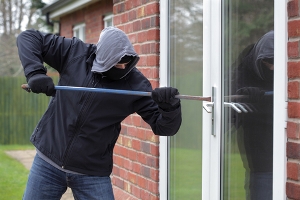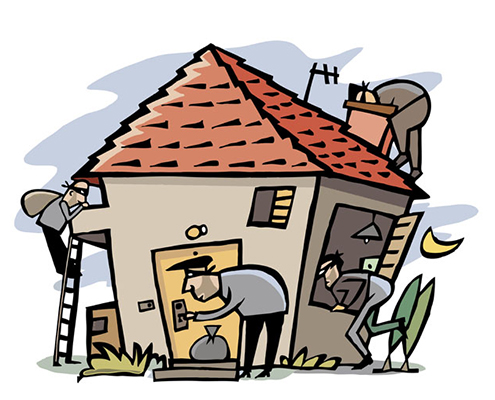Beware of Job and eWork at Home Scams
Pandemics can be quite stressful. There are millions of people out of work, and there we really don’t know when the economy will truly bounce back. Those who are out of work are seeking other jobs, at least temporarily, and many are looking for jobs that they can do from home…right from Google.
 Since people have been losing their jobs, searches for terms like “laid off,” “unemployment benefits,” and “unemployed” have skyrocketed. Though some people are finding legitimate search results, others are falling for sites that are scams, and Google is allowing these sites to stay.
Since people have been losing their jobs, searches for terms like “laid off,” “unemployment benefits,” and “unemployed” have skyrocketed. Though some people are finding legitimate search results, others are falling for sites that are scams, and Google is allowing these sites to stay.
We have often used Google search data to determine what type of economic anxiety people are feeling, and this is certainly true right now.
Google makes its money through advertising, so it’s not totally surprising that these sites are allowed to stay on. When people are searching for information on unemployment, advertisers are seeing this, and are able to determine where they should market. This includes those working for predatory companies, who are targeting people who are unemployed.
One such example is “unemploymentcom.com.” This is a site that seems, at first, like it might be a good resource for someone who is unemployed. While there are some legitimate links there, in general, the site is trying to get people to sign up for “site profiles” and other things. It also urges people to sign up for access to your credit score…for a fee, and it absolutely sells all of the data it gets to other organizations.
When you look at the privacy policy of this website, you can see that it is owned by OnPoint Global, a conglomerate, which claims it has around 11 million people filling out unemployment surveys each month. However, what people doing this don’t realize is that the information the site is collecting is likely being complied into a package for advertisers, which also includes any other public information they can find about the person filling out the survey.
Keep in mind that it is not just the pages for people looking for information on unemployment that we are talking about. It can really be anything similar, like “unemployment insurance.” Some of these searches can even lead you to sites that can hijack your browser. Other sites simply collect as much data as they can, and then sell the information to marketers.
Everyone who is out there scared and unemployed are still considered to be consumers to these companies, and they still are seen as people who have money to spend. So, Google is still pushing sites like these to the top of search results, and still making a pretty penny from clicks. So, do yourself a favor and start being aware of the ads you are clicking, and better yet…don’t click them at all.
ROBERT SICILIANO CSP, is a #1 Best Selling Amazon author, CEO of CreditParent.com, the architect of the CSI Protection certification; a Cyber Social and Identity and Personal Protection security awareness training program.


 Be Aware
Be Aware


 Real estate agents find themselves in precarious situations all of the time. They also might have to travel into neighborhoods that aren’t as safe as your typical bedroom communities. There are wayward dogs to contend with, random robberies, and the chance that a visitor to an open house has malicious thoughts. A real estate agent was killed in Maryland not too long ago and his killer stole his laptop and phone. He was killed for $2,000.00 in hardware by this shithead with the money on his face.
Real estate agents find themselves in precarious situations all of the time. They also might have to travel into neighborhoods that aren’t as safe as your typical bedroom communities. There are wayward dogs to contend with, random robberies, and the chance that a visitor to an open house has malicious thoughts. A real estate agent was killed in Maryland not too long ago and his killer stole his laptop and phone. He was killed for $2,000.00 in hardware by this shithead with the money on his face.























